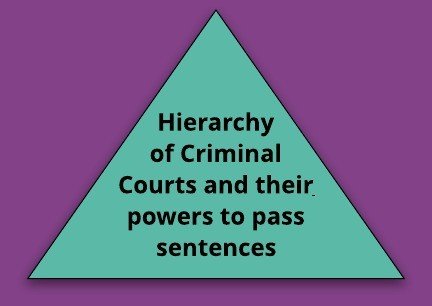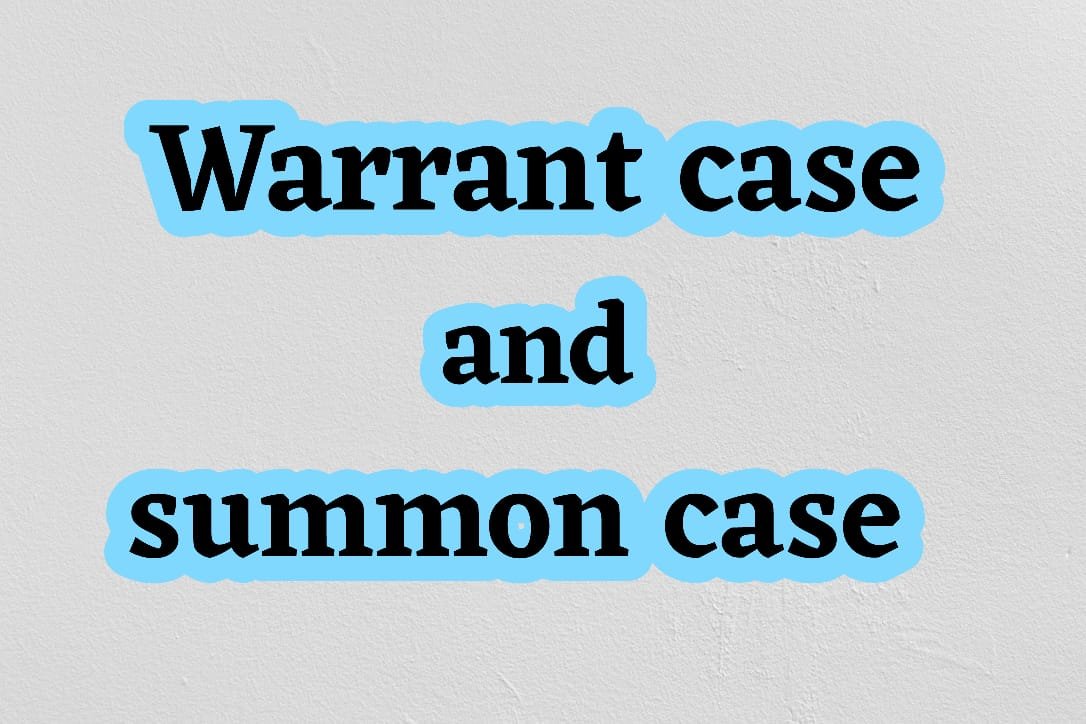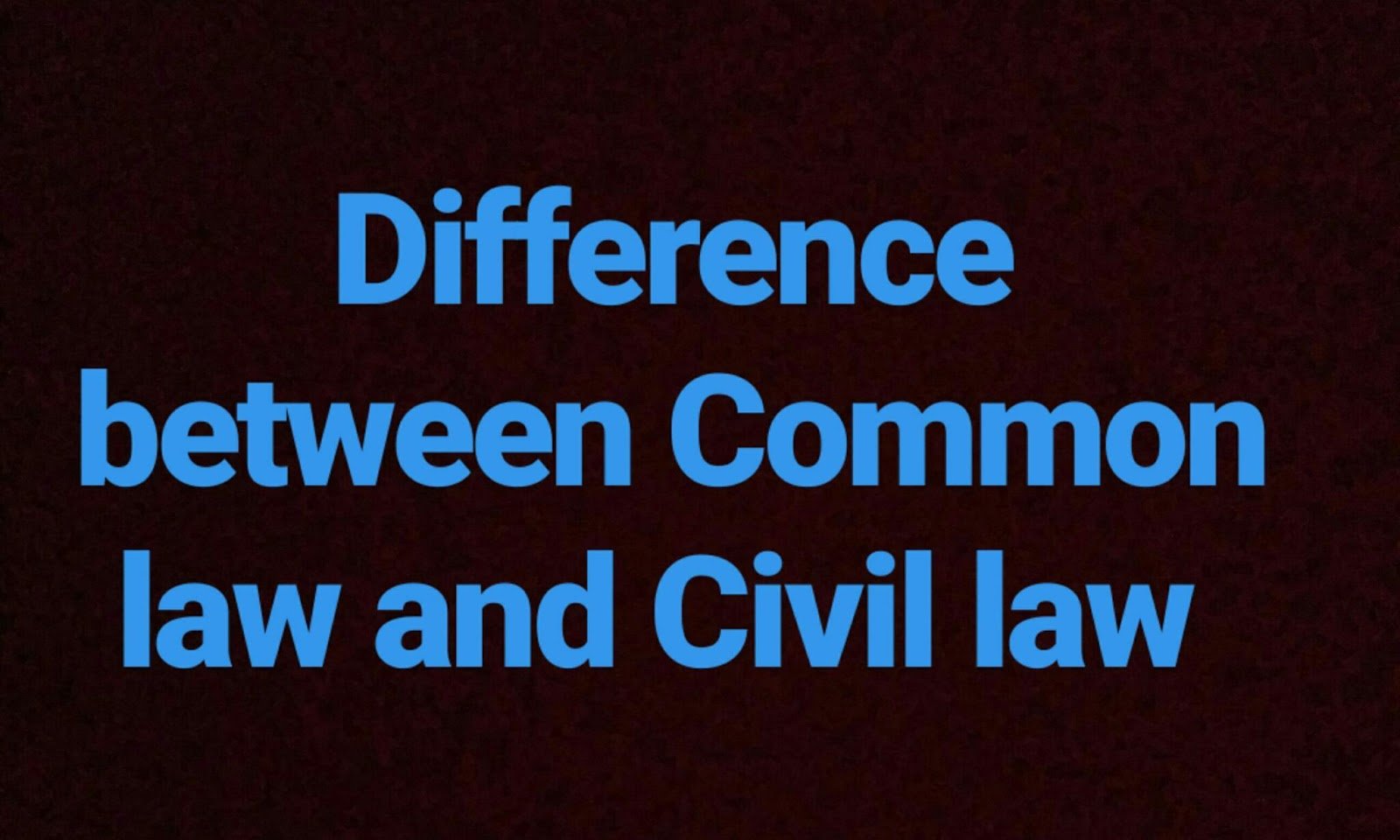Criminal Law:- Notes, Case Laws And Study Material
Criminal Law Notes:- CLAT, ILI, AILET LLM Entrance Exam, Judicial Services, Public Prosecutor Exam etc.:- Our Legal World
Hierarchy of Criminal Courts and their powers to pass sentences
Hierarchy of Criminal Courts and their powers to pass sentences 1. SUPREME COURT (Any sentence authorized by law) 2. HIGH COURT (Any sentence authorized by....
Overview of Charge (ALLEGATIONS) under CRPC
Overview of CHARGE (ALLEGATIONS) under CRPC Introduction The charge is the establishment of the allegation(s) against the accused in a criminal case. The inspiration behind....
Difference between procedure of trial for Warrant and Summon Case
Difference between procedure of trial for Warrant and Summon Case INTRODUCTION In cases instituted on a police report, a lot of record made during the....
Difference between Common Law and Civil Law Systems
Difference between Common Law and Civil Law Systems In a, legal systems in countries around the world generally fall into one of two main categories:....
Theft, Robbery, Extortion, Dacoity under Indian Penal Code, 1860
Theft, Robbery, Extortion, Dacoity under Indian Penal Code, 1860 The terms robbery, theft, and even extortion seem very similar and even used interchangeably or apparently....
Stages of Crime under Indian Penal Code
Stages of Crime under Indian Penal Code :- Our Legal World Crime In general words crime is a “don’t conduct....
Difference between Culpable Homicide Section 299 and Murder 300
Difference between Culpable Homicide Section 299 and Murder 300 Section 299 and 300: Murder (defined under Section 300) and culpable homicide (defined under Section 299)....
Bail – Provisions as to bail and bonds: CrPC- Our Legal World
Bail – Provisions as to bail and bonds INTRODUCTION The law of bail constitute an important branch of procedural law. Chapter 33 (Section 436-450) deals....
RIGHTS OF ARRESTED PERSON
Rights of arrested person under crpc Introduction Any person has to be treated as a human being, irrespective of the fact that such person is....
Difference between Common object and Common intention under ipc
Difference between Common object and Common intention IPC Introduction According to Section 34, when a criminal act is done by several persons in furtherance....













